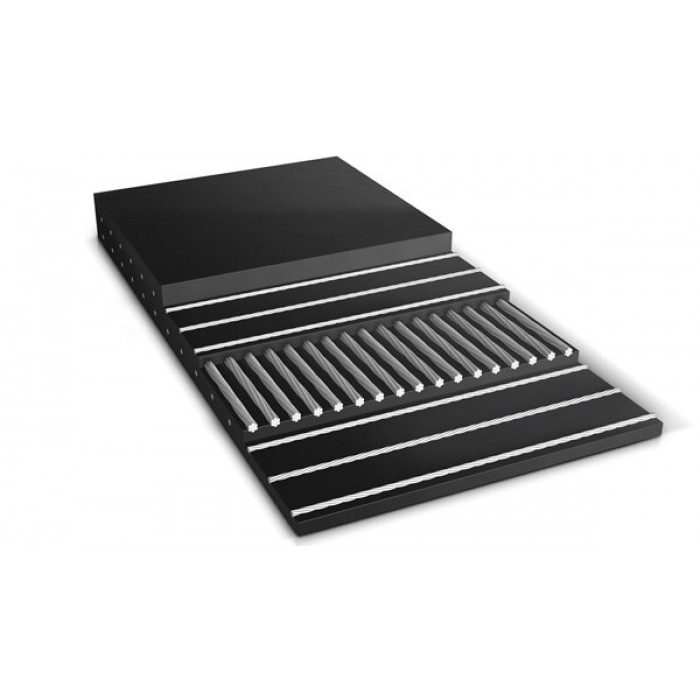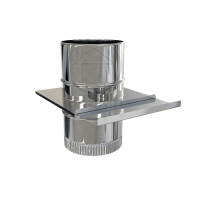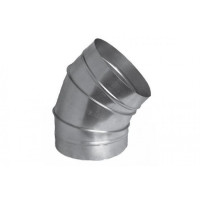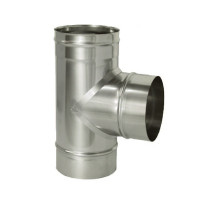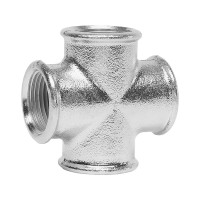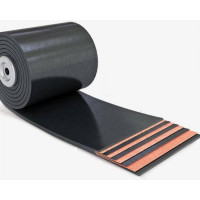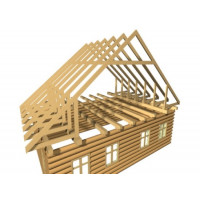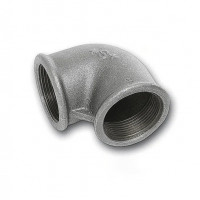Rubber cord conveyor belts are used in agricultural, mining and other industries. Are applied at transportation of bulk and piece cargoes. Depending on the purpose, design features, base material and other parameters, such tapes are divided into the following types:
Conveyor (conveyor) belts are available in the following types:
- general purpose conveyor (conveyor) belt (2), 2L TK-200-2, operable at temperatures from -45°C to +60°C
- 2L - general purpose lightweight, operable at temperatures from -25°C to +60°C;
- conveyor (conveyor) belt mine flammable 2Sh TK-200-2
- conveyor (conveyor) belt mine slow-burning 2SHTS TK-200-2
- heat-resistant conveyor (conveyor) belt (2T2), 2T1 TK-200-2, operable at temperatures from -25 ° C to + 120 ° C;
- frost-resistant conveyor (conveyor) belt 2M TK-200-2 operable at temperatures from -25 ° C to + 60 ° C
- oil-resistant conveyor (conveyor) belt 2MS TK-200-2
A separate group of conveyor belts are rubber belts. Their frame is made of polyester or polyamide and cotton fabrics. These rubber goods are mainly used in heavy and medium industry. The rubber conveyor belt is manufactured in accordance with GOST 20-85, it is operated at an ambient temperature from -45 to +60 ºС, has a layered structure (consists of several rubberized fabric layers). At the same time, the number of layers, their thickness and other product parameters may vary depending on the characteristics of the transported cargo. Additional resistance to tearing and flexibility of rubber-fabric conveyor belts is given by the fact that its layers are interconnected by rubber. The edge of the tape can be either open or rubberized (for added protection).
Conveyor belt (conveyor) - traction and load-bearing body of a belt conveyor. A belt conveyor is one of many types of conveyor systems that consists of two or more pulleys (sometimes called drums or rollers) with an endless loop of conveyor belt that rotates around them. One or both pulleys are driven to move the belt and material along it. The drive pulley is called the drive pulley (drum), while the unpowered pulley is called the idle pulley.
These tapes consist of a frame and top and bottom facings. The frame is made on the basis of fabrics: polyamide, polyamide-polyester, polyvinyl chloride and combined threads (polyester and cotton). To connect the tape, cold vulcanization (adhesive), hot vulcanization and mechanical connectors are used. Among the rubber-fabric belts, chevron belts should be singled out separately, which are intended mainly for transporting goods at an angle.
According to the purpose, conveyor belts are divided into the following main types:
General purpose - such belts are designed to work on belt conveyors of low and medium load. This is the most common type of conveyor belts.
Mine - designed to work in mines or conditions equated to mine. The main property of such tapes is reduced combustibility (self-extinguishing). Temperature range from -45 to +60 °C.
Frost-resistant - for operation at low temperatures (ambient air temperature from -60°С to +60°С).
Heat-resistant and with increased heat resistance - designed for transportation of hot goods with different abrasiveness and operation at elevated temperatures up to 400°C (elastomer used: T-4).
Food - are used in industries where the conveyor belt comes into direct contact with food products according to the technological process. The main property of such tapes is that they do not enter into and do not cause chemical reactions upon direct contact with the transported material (food products).
Oil and petrol resistant - designed for conveyors on which the belt works in contact with various types of oils or fuels. The main property of such tapes is chemical resistance to these substances.
Conveyor belts with corrugated boards and transverse ribs - this type of conveyor belts eliminates sagging on the side support rollers and ensures stable product passage on the revolving drums. Main fin types: W, T, TB, TS, TC.
Chevron - with a corrugated surface for transporting materials at a large angle.
Elevator (elevator) belts - consisting of 3 or more layers of polyester / polyamide are used for vertical transportation of inert materials. Can be produced with rubber linings having various special properties.
PVC tapes are used mainly in food production in the manufacture of spaghetti, confectionery, as well as in the medical industry in the manufacture of medical equipment. Temperatures of use from -20 to +80 degrees Celsius.
Teflon - made of fiberglass coated with Teflon. MatThe material is produced in various thicknesses, it is possible to perform it on a self-adhesive basis. Operating temperature up to +265°С, maximum temperature for short periods up to +320°С.
Rubber bands
They have the same structure as that of rubber-fabric, only the traction frame of the belt consists of steel cables located in the same plane in a special rubber layer of the frame. Low elongation (not more than 0.25%) of rubber cord belts under working loads, high strength (up to 5000 N/mm), flexibility in the longitudinal and transverse directions make it possible to transport goods over long distances with high productivity at powerful quarry complexes. Welding and hot vulcanization are used for joining rubber-cord belts.
Elongation of rubber-cord belts under working load is 10 times less than belts based on synthetic fabrics. This allows you to transport goods over long distances, as well as reduce the size of the tensioner of the conveyor installation, which is especially important in cramped underground conditions.
Tapes can be made depending on the operating conditions:
Slow-burning - operable at ambient temperature from minus 25 to plus 60 ° C.
Hardly flammable - operable at ambient temperature from minus 25 to plus 60 ° C.
Hardly flammable frost-resistant - efficient at ambient temperature from minus 45 to plus 60 °C.
General purpose — RTL are operational at ambient temperature from minus 45 to plus 60 °C.
Frost-resistant — RTLM are efficient at ambient temperature from minus 60 to plus 60 °C.
According to GOST 20-85, rubber-fabric tapes are supplied with embossed markings of a strictly specified size. It necessarily contains information about the manufacturer, type and length of the product, date of manufacture, etc. The marking also includes data on the design - thickness, width, number of carcass layers, facings, sides.
An example of a symbol for a conveyor belt:
2T2-560-4-TK-300-6-3-BN, which means
“Heat-resistant conveyor belt (2T2 - up to +150 °С) 560 mm wide with 4 layers of fabric pads made of TK-300 fabric; thickness of the working rubber lining - 6 mm, non-working - 3 mm; rifled board (BN).
Another version of the designation of the same tape is 2T2-560x4-TK-300-6 / 3-RB.
You can buy Rubber-cord conveyor belts from us at the best price in Ukraine. A wide range of products allows us to quickly and efficiently fulfill any order, helping to complete any construction work on time.
No questions about this product, be the first and ask your question.

